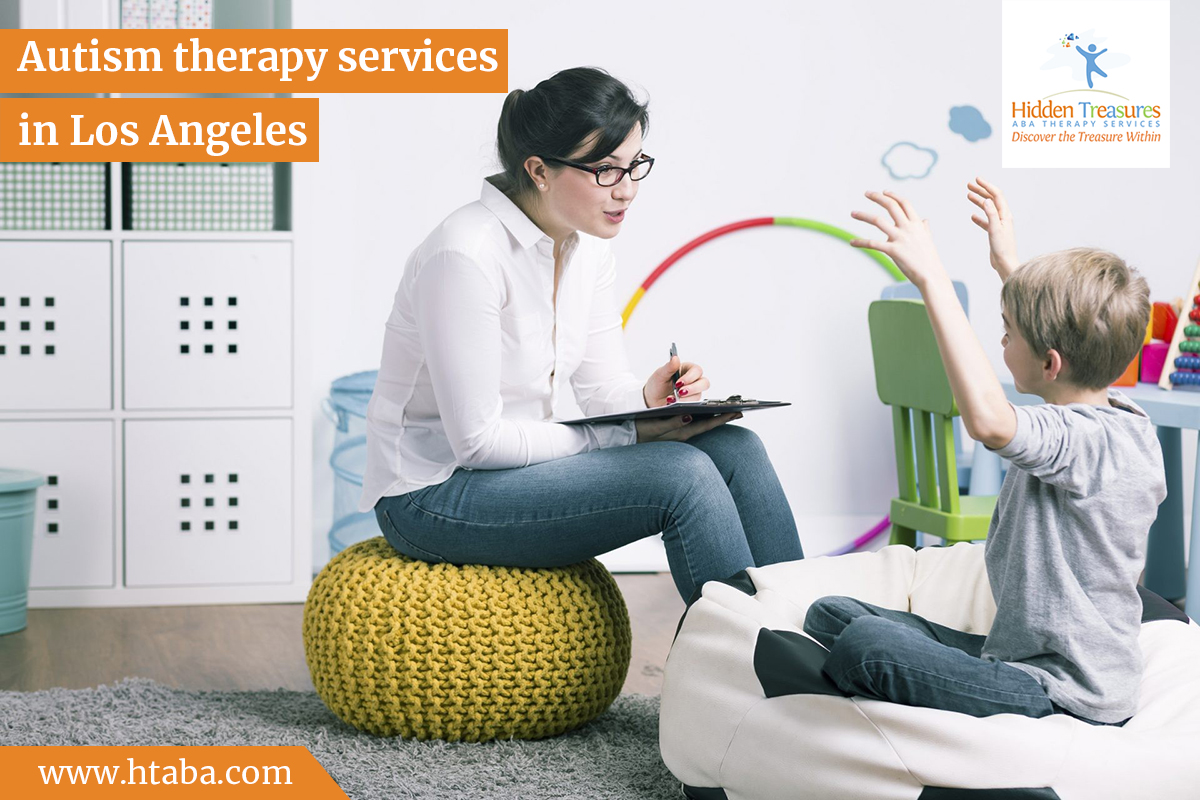Benefits of Applied Behavior Analysis therapy
Applied Behavior Analysis (ABA) therapy is an analysis wherein the learning patterns are analyzed to modify behavioral patterns. This analysis is done for special education or for children with autism spectrum disorder (ASD). ABA is widely accepted as the scientific way to treat behavioral issues.
What are the benefits of Applied Behavior Analysis therapy?
ABA works wonders: It is the only analysis that is scientifically proven and works its magic on children. No other treatment is as effective for ASD as ABA.
ABA makes children social: With this analysis, the children become responsive and find making friends easy. They interact with more people and in the long run become friendly with them.
ABA helps children to accept their condition: This analysis makes children aware of their condition and helps them in accepting the situation in a better manner. They learn to accept the realities of the world and learn to live with it.
ABA helps parents in learning parenting better: ABA helps parents to understand their children better and in a way lend the support to them which is very crucial for their development.
ABA helps parents to expect more: This analysis helps parents to understand the milestones their children are surpassing and this leads to higher expectations. They expect more and the children also perform better.
No child is the same. You need to understand them and let them me. Every child has his or her own pace. As parents they should not force their children to do something beyond their limits.
If you have a special child and are looking for Applied Behavior Analysis Therapy, you have come to the right place. At Hidden Treasures, we understand the mindset of every parent and perform the ABA therapy with utmost dedication. For more information about our services, log on to https://htaba.com




Comments
Post a Comment